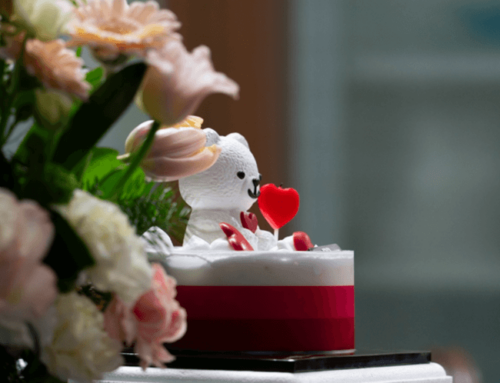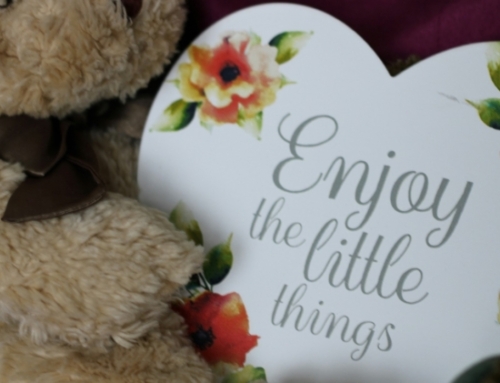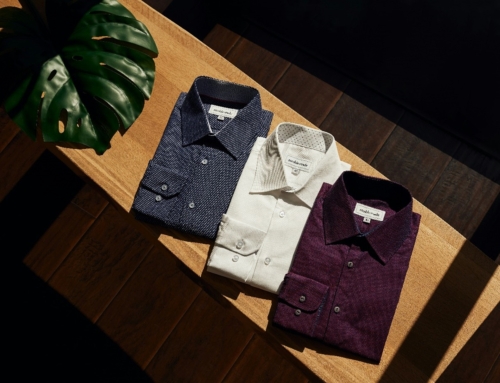As a safer dating advice blog, we are here to offer you relevant and helpful insights into the modern dating scene. Today this blog article is about attachment styles in the modern dating climate.
- 3 attachment styles:
According to the book Attached, there are 3 attachment styles in general: 1) Anxious attachment style – someone who always wonders if they are loved by their partner as well as whether their partner will leave. 2) Avoidant attachment style – a person who needs their own space and may push other people away. This style is sometimes associated with commitment avoidance. 3) Secure attachment style – someone that makes their partner feel safe and positive; someone that doesn’t need non-stop reassurance of affection/love.
However, in reality, attachment styles are probably more complicated than most individuals give them credit for. Frankly, it’s dangerous to embrace a label as your identity, as you do have the ability to evolve and change.
Yes, it’s very helpful to find a woman that merges really well with your attachment style, yet it’s true that you may have a very different attachment style based on the woman you are dating. For example, a guy who is usually secure might become anxious when his partner makes him feel off-balance and insecure constantly. Therefore, it’s paramount to notice how you truly feel. Does your relationship make you feel loved, protected and safe? Or does your relationship make you feel worse and amplify our worst traits?
No, it doesn’t mean you will never ever feel crazy. Nevertheless, the right romantic relationship will have a healthy way of toning down your craziness. 😉

- What if your attachment style is anxious?
When you are concerned in a relationship, please address concerns in the right way. Your brain is a supercomputer which could wildly extrapolate. Hence, please don’t skip the initial information-gathering stage of a new relationship. When you feel anxious, you must be particularly cautious and careful, as your brain might splice wrong conclusions with your emotional bias and demons. For example, you might think, “My ex cheated on me. So, my new partner is probably cheating on me right now as she went out at 9pm and hasn’t come back yet.” If you are anxious, you have to slow down the story on your mind and collect more accurate information.
If you come up with stories and confront your girlfriend with your emotional weapons, you don’t get to see how compassionate or cooperative she could be. Don’t attack her character. Instead, you should be brave enough to be honest and vulnerable, thereby showing your wounds, i.e., how you are feeling as well as the insecurities and emotions her actions might have caused. Many relationships end not because someone can’t handle their partner’s wounds, but because someone can’t handle their partner’s emotional weapons. Remember: your girlfriend probably can’t look after your wounds if she is busy dodging emotional bullets from you. Please note that the right woman wouldn’t punish you for your wounds and honesty because the right person would give you a safer dating experience.
“You would have a safer dating life when you meet the right person.”







Leave A Comment